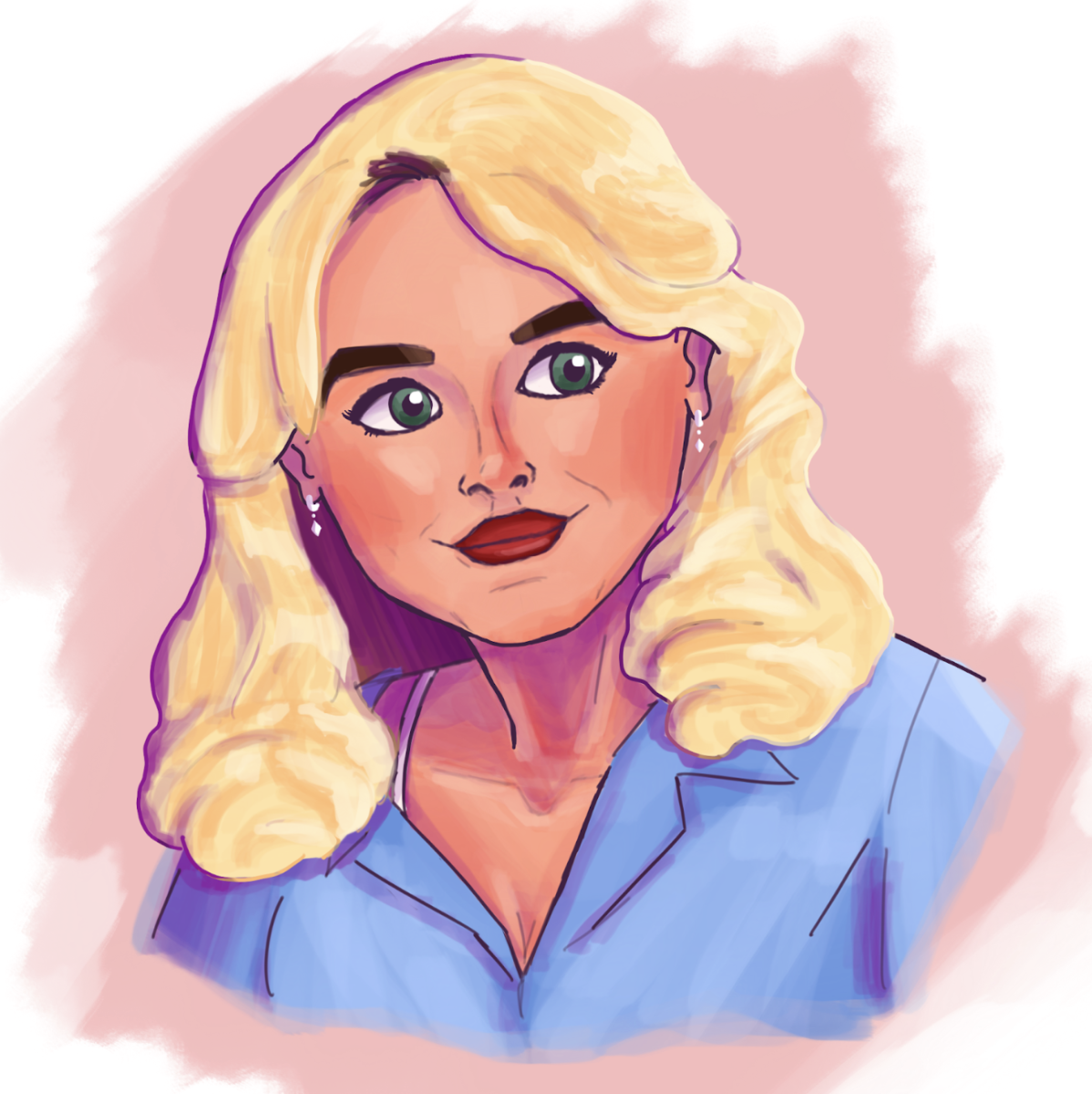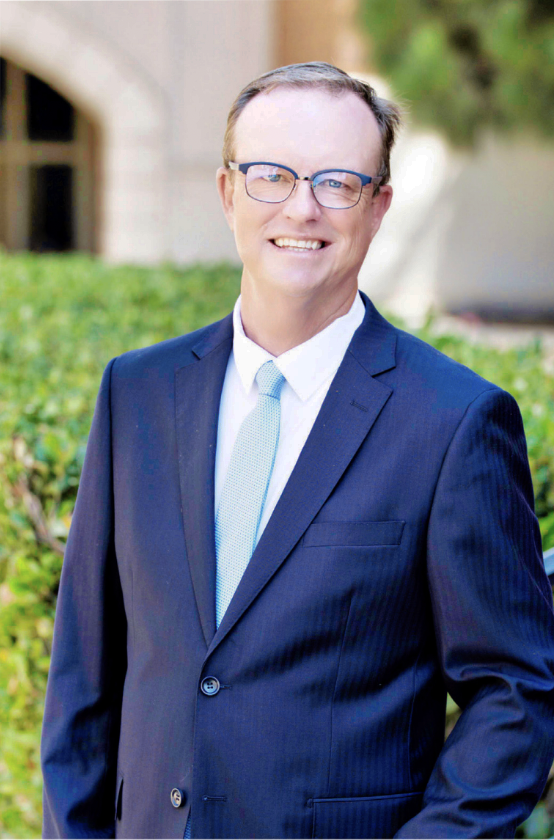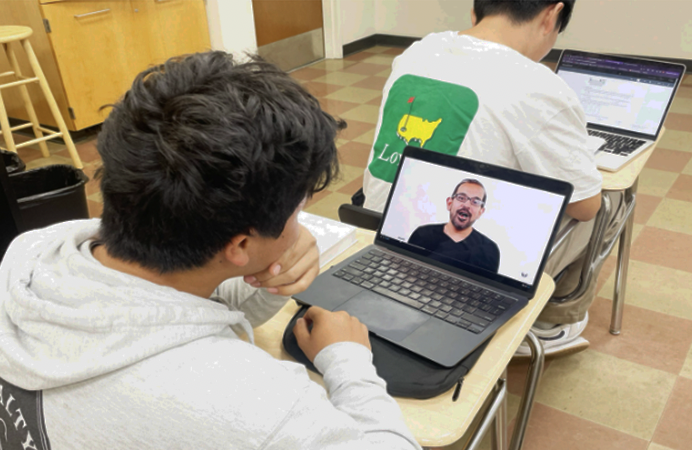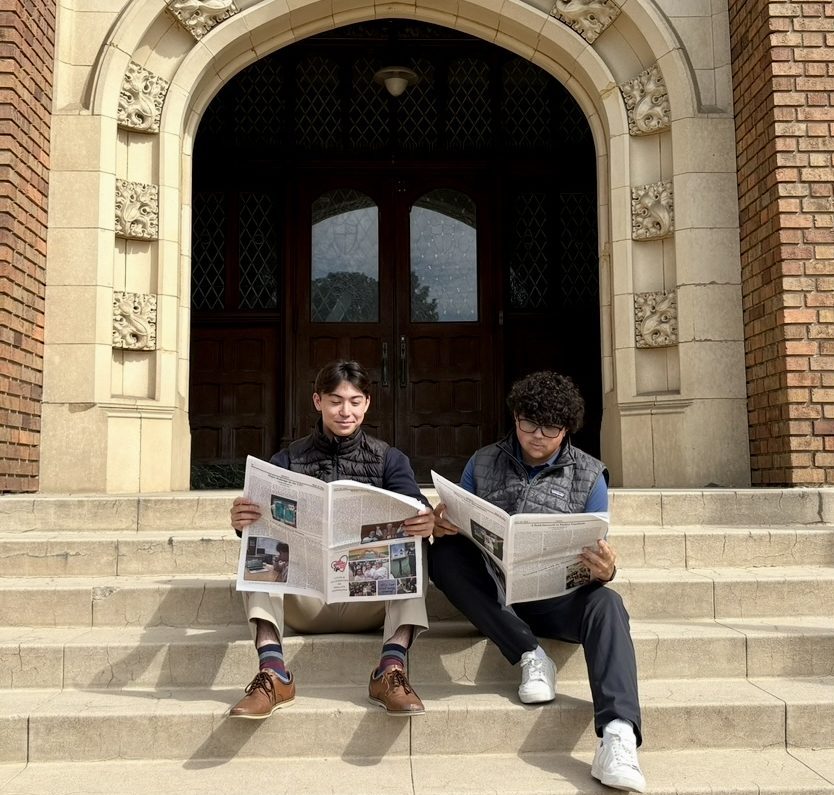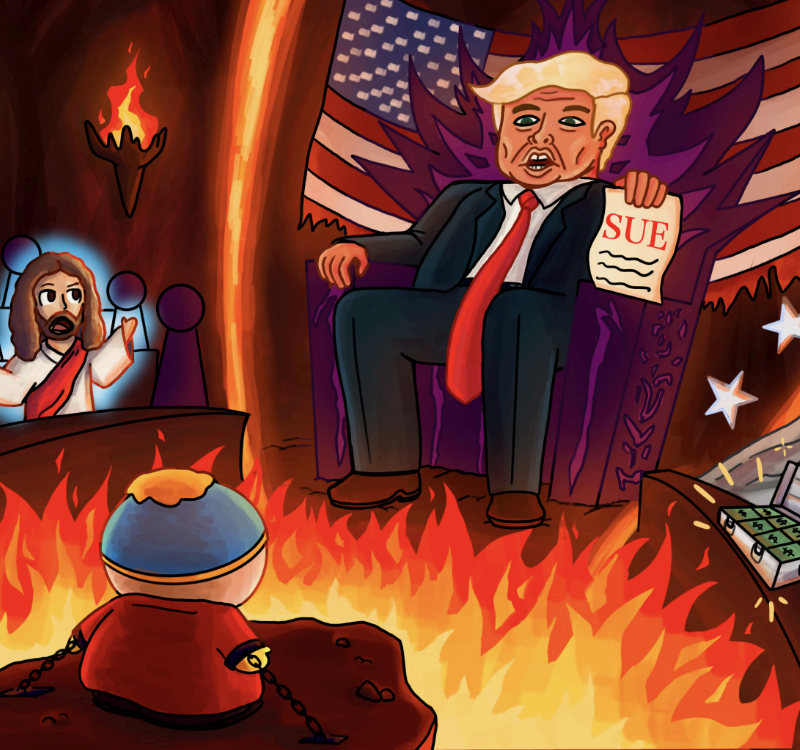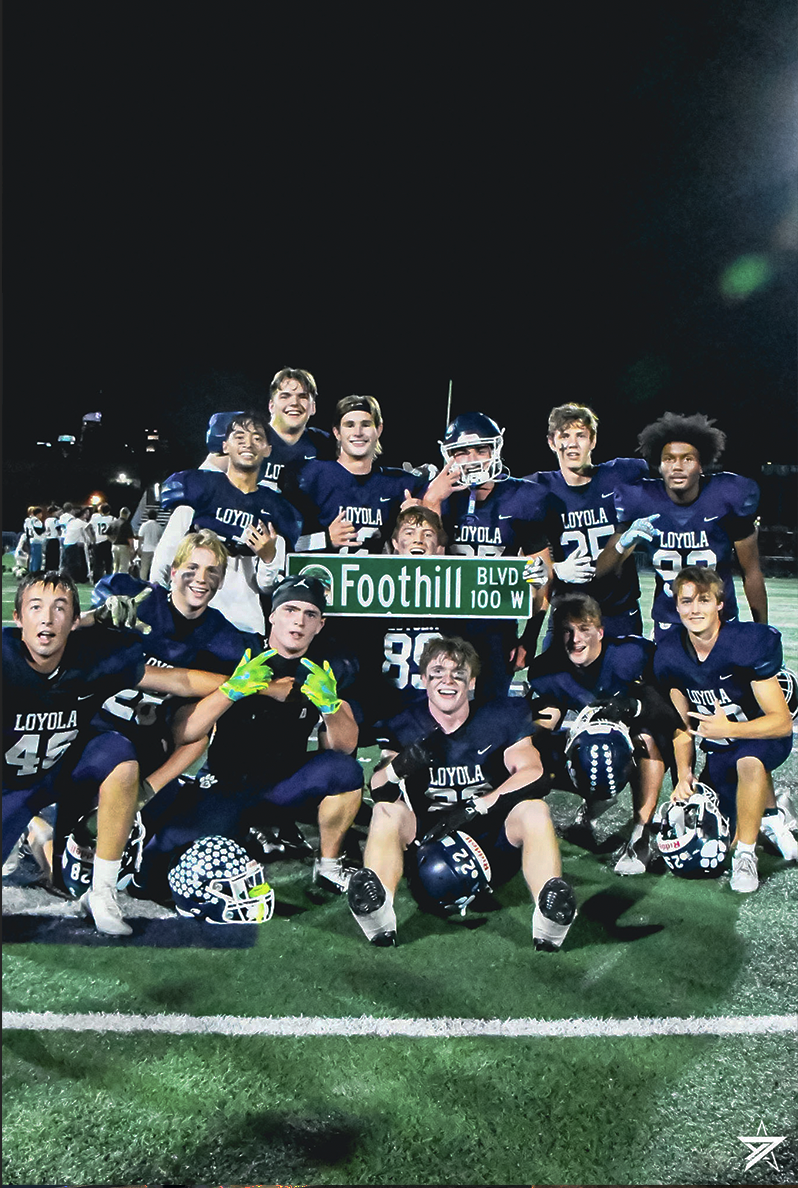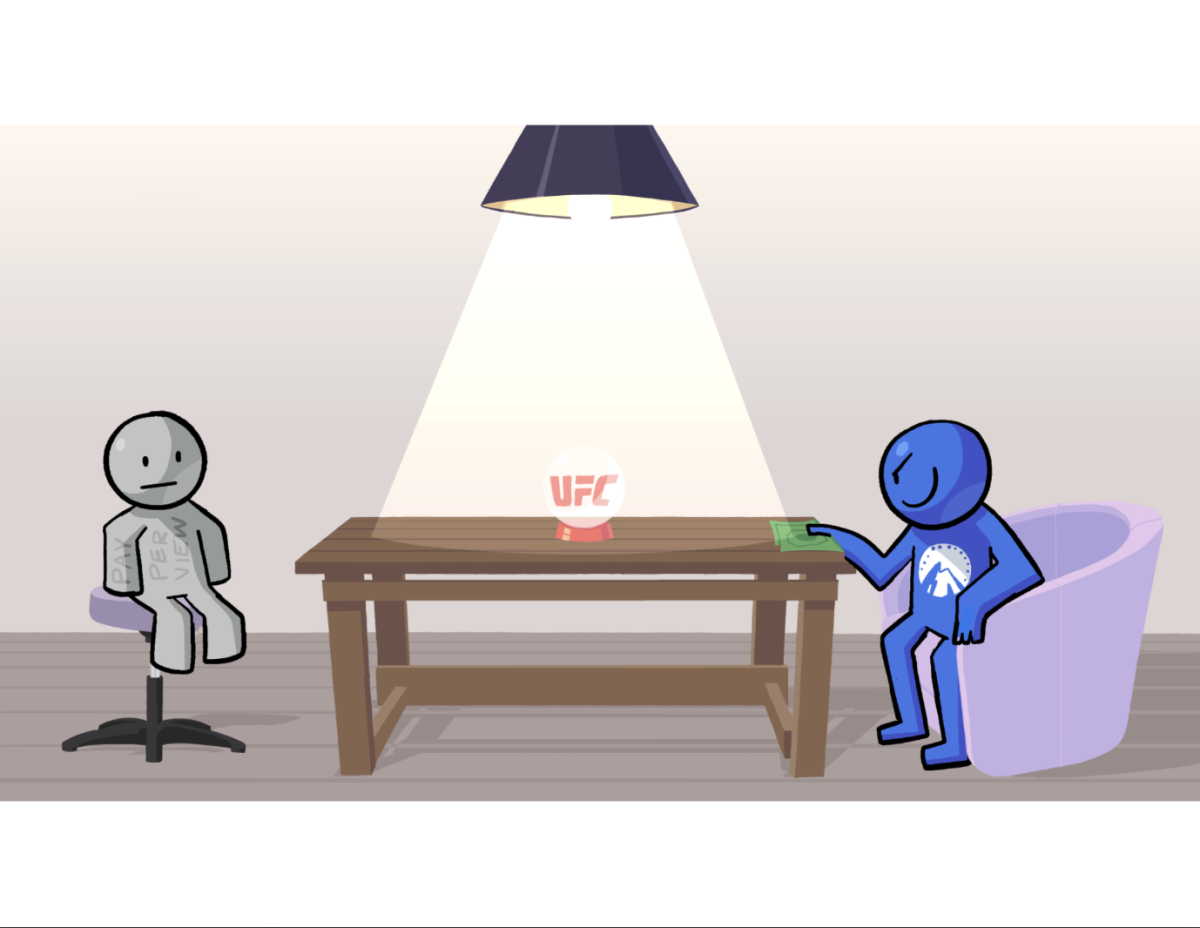You may not have noticed, but the internet changed this month, and there’s a significant debate about what it means for the world.
The main controversy concerns the protections provided to all Americans by the First Amendment, specifically that it “prohibits the making of any law…abridging the freedom of speech, infringing on the freedom of the press.”
Until now, the internet’s domain name system has been under the control of the U.S. Department of Commerce. The domain name system, or DNS, converts web addresses like “lhsla.org” into the numerical language required to communicate with other computers. As of Oct. 1, 2016, control of the DNS was transferred to a nonprofit organization called the Internet Corporation for Assigned Names and Numbers.
Many people are worried that, because of this change, the internet will be censored in the future. In fact, Sen. Ted Cruz and others have tried to block the change through the court system; however, a federal judge denied their request for an injunction, and the transfer took place on Saturday. In making his pitch, Cruz said, “Imagine an internet run like many Middle Eastern countries that punish what they deem to be blasphemy, or imagine an internet run by China or Russia that punish and incarcerate those who engage in political dissent.”
Despite Cruz’s fiery commentary, supporters of ICANN have reinforced the notion that its privatization will not lead to such a draconian outcome. While this technical organization does have the ability to regulate itself, the ICANN Board Chair Stephen Crocker said in an excerpt from ICANN.org “including business, academics, technical experts, civil society, governments and many others is the best way to assure that the internet of tomorrow remains as free, open and accessible as the internet of today.”
It’s hard to objectively discern which of these opposing views will prove to be accurate, and any change is likely to take place slowly, but Americans should be aware that a change has taken place; moreover, we should encourage ICANN to be open and transparent about how and why it evolves in the future.

